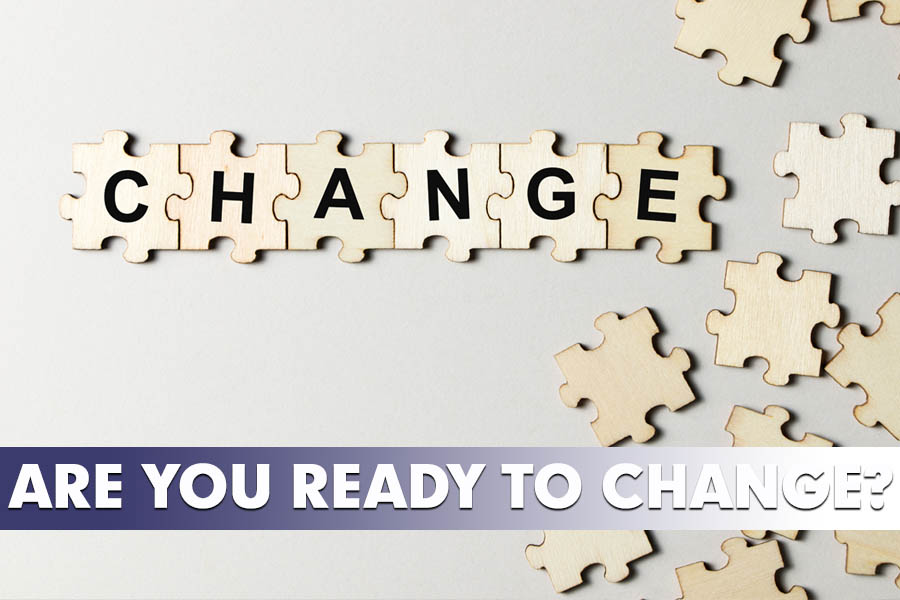There are many changes each individual will make over their lifetime. Some of these changes are natural and unstoppable, others are changes we make by choice. Making the decision to change can be difficult. Whether we recognize it or not, we go through six (6) stages for every decision to change we make. Each individual and each decision goes through these stages at a different pace. Some stages last longer than others. The following is an outline of these stages in the context of addiction.
The first stage is pre-contemplation.
In this stage, the thought of changing has not occurred. We have not become aware that there is a decision to contemplate. We are unaware of problems or negative consequences from not changing. Part of this is being comfortable or ‘set in our ways’, and the thought of change seems too difficult. The other part may also be that we are not able to see the benefits of changing. Combined with these two lines of thought, we tend to put more emphasis on the cons of changing over the pros of changing. For friends or loved ones, this stage explains when they approach us trying to get us to see the pros of changing and recognize the cons of continuing without change, they are met with resistance or denial.
The next stage is contemplation.
This is where we begin to debate. The pros and cons of not changing and the pros and cons of changing are on equal playing fields, getting equal attention. We recognize that what we are doing now may be causing and/or furthering our problems or issues. In this stage we open our awareness and recognize the points for each side. In this stage we are not making an effort to change, just thinking about change.
The third stage is preparation or determination.
In this stage we have made the decision to change. Sometimes, even after we have weighed all the pros and cons, we still do not know how to implement the change we want. This is the stage where we may gather more information, support, or resources that we may need to make the change. We are planning out how to go about changing and taking steps to follow through on changing for the better. In the realm of addiction, preparation may look different for each person. It may be looking at the supports you have, supports you want to have, supports that exist, and if it is feasible to receive these supports. This may also focus on changing relationships with family, friends, work, school, and, most obviously, changing our relationship with our addiction.
After preparing, we enter the action stage.
We have already made small steps toward our goal to change. Maybe we have signed up to receive counselling, maybe we have removed ourselves from an unhealthy relationship or environment. We start experiencing new ways to face problems or issues and we commit to keep moving forward and adapting our behaviour to be more healthy and helpful.
The fifth stage is maintenance.
After all our efforts we have put toward change we have to maintain the change that we have made. We make an effort not to slip back to our old behaviours and patterns. Maintenance is about long-lasting change. For people with addiction, this is were we are sticking with the change we have implemented to prevent relapse. When life brings us a new experience, we may recognize that our plan of action to change is not working, or that we have not followed through on our action. We may fall back to the previous stages to reassess, make further plans to prepare, and try again to make the effort to change.
The last stage is termination.
For many people and many changes we may make, this stage is not considered. In this stage, people have no desire to return to their unhealthy behaviors and are sure they will not relapse to their old patterns. Since this is rarely reached, people tend to stay in the maintenance stage.
No matter where we land in the stages of change there is always the possibility of moving forward and making new changes. Whether it be changes in our physical world, changes in behaviour, or changes in our thoughts, change is possible. It might take some time to figure out the best path to change for you, just be patient and work through the stages.
Kimberly – Addictions Counsellor

